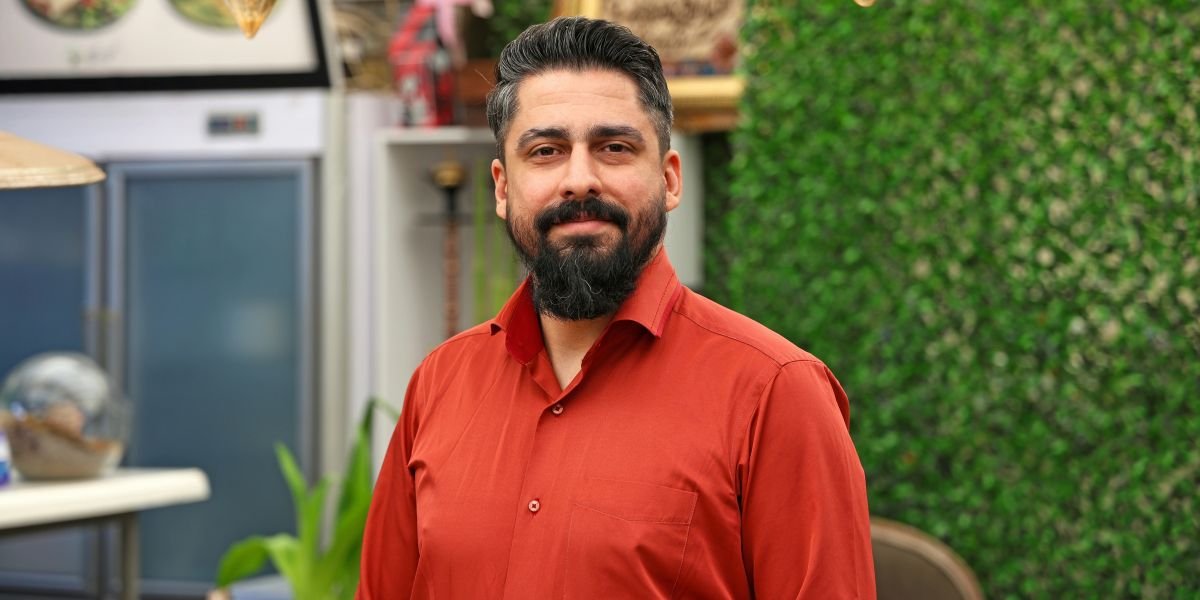By: Joshua Finley
Nourishing the Whole Child: Dr. Karen Molano’s Essential Guide to Early Nutrition
What if the food your child eats in the first few years of life could impact their emotional health, cognitive abilities, and future well-being? Dr. Karen Molano, founder of LumiTot, specializing in pregnancy and early childhood development, highlights early nutrition’s often-overlooked influence in shaping physical health, emotional adaptability, and psychological development. Through her multidimensional approach, Dr. Molano offers parents a guide to nourish their children holistically, ensuring they thrive from the inside out.
More Than Just Feeding: The Impact of Early Nutrition on Development
For Dr. Molano, nutrition during pregnancy and the early years is more than just providing sustenance. It’s about nourishing a child’s brain, body, and emotional core. “Pregnancy and the first five years are crucial for setting the foundation of lifelong health,” she says. What children consume during this period influences everything from brain development to emotional stability.
Using her LumiTot Method, Dr. Molano encourages parents to move beyond the idea of simply feeding their children enough calories. Instead, she focuses on the quality and types of nutrients that promote optimal growth in all dimensions of health. “What we feed our children impacts not only their physical health but also their brain development, emotional well-being, and even how they navigate meltdowns and big feelings,” she explains.
Key Nutrients for Building a Balanced Foundation
Dr. Molano emphasizes the importance of critical nutrients, including high-quality proteins, good fats, fruits, vegetables, and probiotics, in promoting a healthy gut, which supports a child’s cognitive, emotional, and physical development. High-quality proteins such as grass-fed beef, organic chicken, and quinoa provide the building blocks for growth. Good fats rich in omega-3s from sources like avocados, nuts, seeds, and olive oil are essential for brain health. Whole fruits and vegetables supply prebiotics that feed beneficial gut bacteria, while fermented foods like sauerkraut and kimchi provide probiotics that help diversify and balance the gut microbiome.
Probiotics and prebiotics may support gut health, which is linked to neurotransmitter production, potentially influencing mood and well-being. Parents can create a strong foundation for their children’s overall mental, emotional, and physical well-being by focusing on gut health.
The Gut-Brain Connection: A Hidden Influence on Mental Health
One of the groundbreaking areas Dr. Molano focuses on is the powerful connection between gut health and brain function. “The gut-brain connection is one of the most significant yet often overlooked factors in mental health,” she explains. The gut, often called the “second brain,” produces many neurotransmitters that regulate mood and emotional stability. However, far more than the food we eat, gut health is influenced by far more.
Stress levels, exposure to environmental toxins, the thoughts we think, the birthing process, and even the amount of time spent in nature all shape the gut’s health and, in turn, the brain. Chronic stress can disrupt the gut’s ability to function optimally, leading to imbalances that affect mood and behavior. Similarly, toxins from processed foods, chemicals in the environment, and a lack of connection with nature can potentially negatively impact the delicate balance of the gut microbiome, which is essential for producing the chemicals that help regulate emotions and cognitive function.
By understanding the hidden influence of the gut-brain connection, parents can take a more holistic approach to their child’s mental and emotional well-being. They can focus not only on nutrition but also on reducing stress, minimizing toxin exposure, and encouraging time in nature to promote a balanced, healthy gut and brain.
Practical Tips for Implementing Dr. Molano’s Nutritional Guidelines
Dr. Molano encourages parents to start with small, manageable changes that feel easy to implement. For instance, swapping out man-made oils like vegetable oil for healthier options like avocado or olive oil is a simple but powerful shift. “Not only do these healthier fats support brain and body health, but removing man-made oils also reduces inflammation,” she states. Oils like vegetable and seed oils are packed with omega-6 fatty acids and trans fats, which can cause inflammation in the brain. This inflammation can lead to brain fog, mood swings, and even an increased risk of anxiety and depression. By making this small change, parents can protect their children’s brain health while improving their overall well-being.
“It is important to be kind to ourselves,” Dr. Molano says. “Bad bacteria have a strong influence on their host, often driving cravings for foods that don’t align with our bodies but help them survive and grow.” Interestingly, our bodies have more bacterial cells than human cells. Knowing this can help parents understand that making these shifts isn’t just about willpower; it’s about gradually restoring balance in the gut, which directly affects mood, energy, and overall health.
Setting the Stage for Lifelong Well-Being
Dr. Molano’s LumiTot Method offers parents a powerful yet approachable guide to nutrition during pregnancy and the first five years, equipping them with the tools to nourish their children in a way that supports physical growth and emotional and cognitive development. It’s not just about choosing the right foods—it’s about doing it in a way that feels right for your family. Whether you’re taking small steps or making bigger changes, the journey can be as slow or as fast as needed. What matters is that every choice feels aligned with your values and makes you feel good about what you’re giving your child. With this method, parents can confidently create a foundation for lifelong health and well-being, one step at a time.
Disclaimer: The information provided in this article is for general informational purposes only and is not intended as medical advice. Readers should consult a qualified healthcare professional before making any health-related decisions. The contents of this article should not be used as a substitute for professional medical advice, diagnosis, or treatment.
Published by: Khy Talara










